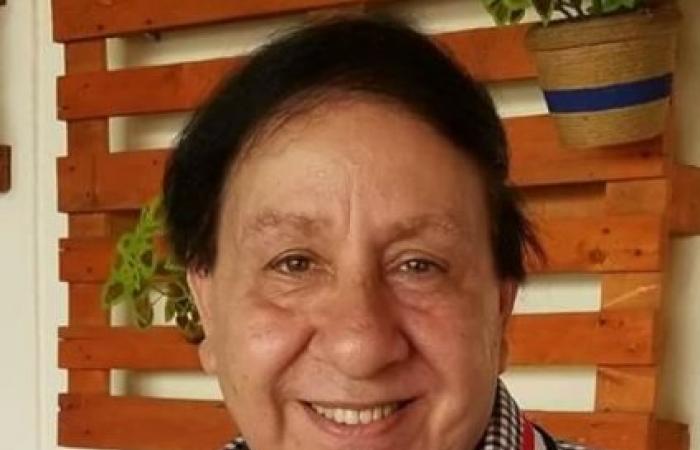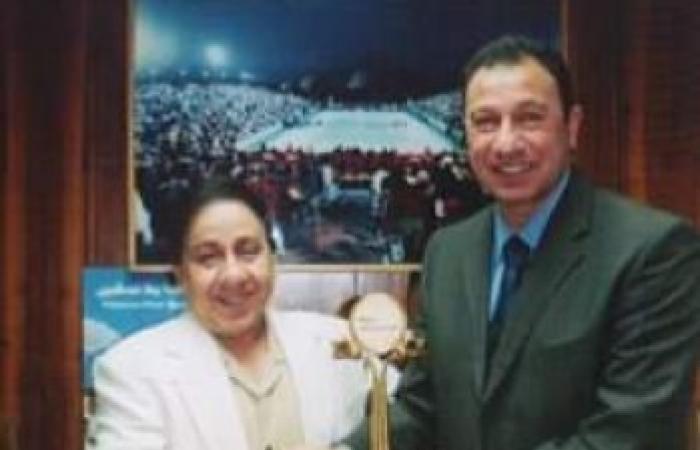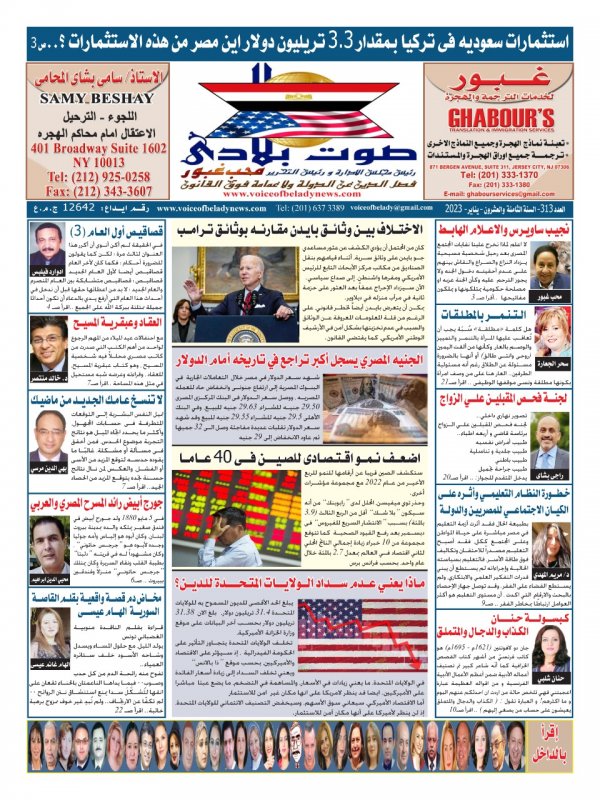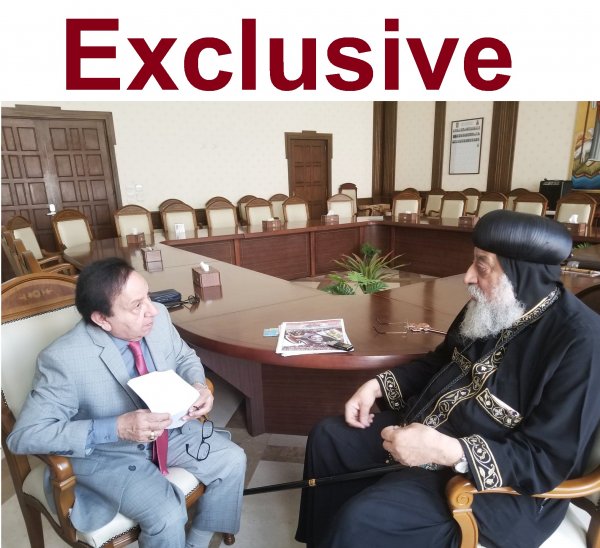After the robbery on the ground ... Turkey steals the history of Syria and its monuments:
Turkey is condoning Syrian antiquities and plundering thousands of years of historical evidence and Syrian archaeological sites.
The issue of the theft of antiquities is a case of theft of history .. just as the present was stolen through the theft of civilians ’homes and their wealth, so they stole and stole history.
The dangers of wars are not limited to human life and the threat to their existence, and the destruction of the infrastructure of states only; Rather, it threatens human roots and their historical extension as well. Of the theft of history or the destruction of antiquities and ancient evidence, and among the stark examples in this context: What the Turkish forces are doing in the areas they occupy in Syria; With the support of the Syrian armed factions loyal to it.
Over the last five years; Turkey has occupied many Syrian areas whose area exceeds (8,800) square kilometers. In addition to most of the Syrian province of Idlib, which borders with it; Which includes a huge amount of monuments and sites dating back to different historical eras and different civilizations; Some of them date back to the fifth millennium BC; This area brimming with historical evidence includes monuments dating back to the Hittite periods. Aramaic; Assyrian; Greek; Romanian; Byzantine; Down to Islamic times, As it embraces more than 400 archaeological sites; Among them, but not limited to; Tell Ain Al-Karkh; Kingdom of Ebla; Tell Mardikh and many other cities and archaeological sites that date back to thousands of years BC, the fate of most of which has become unknown since the Turkish occupation of the province .. 'Besides that, Turkey occupies other areas such as Afrin; Sri Kane / Ras Al-Ain; Cree Spi / White Hill; Jarablus; Azaz; Al-Bab and many other cities, towns and villages, many of which are rich in priceless archaeological treasures, and which are in the wind; As a result of the systematic looting and looting by the Turkish forces of these monuments and historical monuments; With the support and collusion of the Syrian armed factions loyal to it.
Areas of "The Spring of Islam ... The Spring of Blood":
In its operations and attacks on Syria, the Turkish government is committed to names that are not related to the realities of war and fighting. It calls every attack, displacement and assassination adjectives such as "Peace Spring", "Spring Shield" and other titles that deserve to be set for literary fictional novels, instead of releasing them on Wars in which tens of thousands of people are killed and wounded, apart from those who leave their homes and seek refuge in countries around the world, far from killing and intimidation.
And every period, the international community witnesses new models of Turkish control and sabotage, the latest and new of which is an attempt to erase the historical human memory of Syrians by stealing their antiquities.
Turkey and northern Syria:
In northern Syria, the Turkish forces continue to dig and excavate antiquities in various areas, such as “Tal Halaf” which is subject to the “Peace Spring” operation in Hasakah countryside, where archaeological finds and pottery were extracted from the site in which they are stationed, at the top of the archaeological hill.
Tal Halaf is located /3/ kilometers southwest of the Ras Al-Ain region, and includes ruins from the sixth millennium BC.
Turkish intelligence officers recruit specific factions to carry out excavations and search for antiquities in the neighborhoods of Al-Mahatta and Al-Abra, and churches in the city of Ras Al-Ain, (Sri Kanye) in Kurdish, in the countryside of Hasakah, which are old neighborhoods. Before leaving the area.
Northwestern Syria includes about (40) villages, including Baqerha, which date back to between the first and seventh centuries AD from the Byzantine era, which was placed by UNESCO on the World Heritage List. For its historical and humanitarian importance.
The area includes, according to UNESCO, various archaeological landmarks, such as dwellings, pagan temples, churches, basins, and public baths, and "is an important evidence of the transition from the pagan history of the Roman Empire to the Christian era in the Byzantine era."
Turkey is preventing residents from approaching:
The Observatory also quoted sources as saying that the Turkish authorities and the factions loyal to them are preventing entry to these places and that anyone trying to approach the drilling sites is subjected to the harshest penalties.
The antiquities that were previously stolen by the "Islamic State" were sold in Turkey, and the antiquities stolen by the "Al-Nusra Front" and everyone who carried weapons in Syria "
were sold in Turkey:
In recent months, antiquities merchants in Istanbul displayed pottery finds, art pieces, and historical mosaic paintings in large sizes estimated at millions of dollars, to be sold on the black markets, after Turkish officers robbed them and distributed them among themselves, in exchange for little to the local Syrian militias loyal to them in the region.
When ISIS stole the antiquities of Palmyra and brought them to the Al-Bab area, which was under the control of ISIS on the Syrian-Turkish border, and then sold inside Turkish territory, the Turkish intelligence knew this.
The Turkish army continues to sabotage Syrian archaeological sites until the moment, by digging and excavating antiquities in them with the aim of stealing and smuggling them outside the country, and transferring these stolen items to Turkish lands and selling them there for huge sums, all of this happens accompanied by foreign experts who have underground metal detectors.
These looting and theft operations are only a drop in the sea of grave violations that Turkey is practicing in the areas it occupies from Syria; With the support of the Syrian armed factions loyal to it, and specialists in Turkish affairs believe that “Ankara’s goal in stealing and destroying antiquities is not just the millions of dollars it reaps from selling them; Rather, it also aims to obliterate the historical facts and cultural evidence that tell the stories of peoples, boredom, and bees who lived and passed from there, and to change the human and ethnic structures in the areas adjacent to their borders in particular. Exactly as it did during the Ottoman occupation of the region.




 رئيس التحرير يكتب : من التراب وإلى التراب يعود .. تحويل جثث الموتى إلى سماد عضوى
رئيس التحرير يكتب : من التراب وإلى التراب يعود .. تحويل جثث الموتى إلى سماد عضوى
 رئيس التحرير يكتب : لماذا تصر الحكومة على استمرار شريف أبو النجا رئيسا لمستشفى 57357 رغم الشواهد العديدة على فساده
رئيس التحرير يكتب : لماذا تصر الحكومة على استمرار شريف أبو النجا رئيسا لمستشفى 57357 رغم الشواهد العديدة على فساده اقرأ في العدد الجديد ( عدد يناير ٢٠٢٣ ) من جريدة صوت بلادي
اقرأ في العدد الجديد ( عدد يناير ٢٠٢٣ ) من جريدة صوت بلادي





